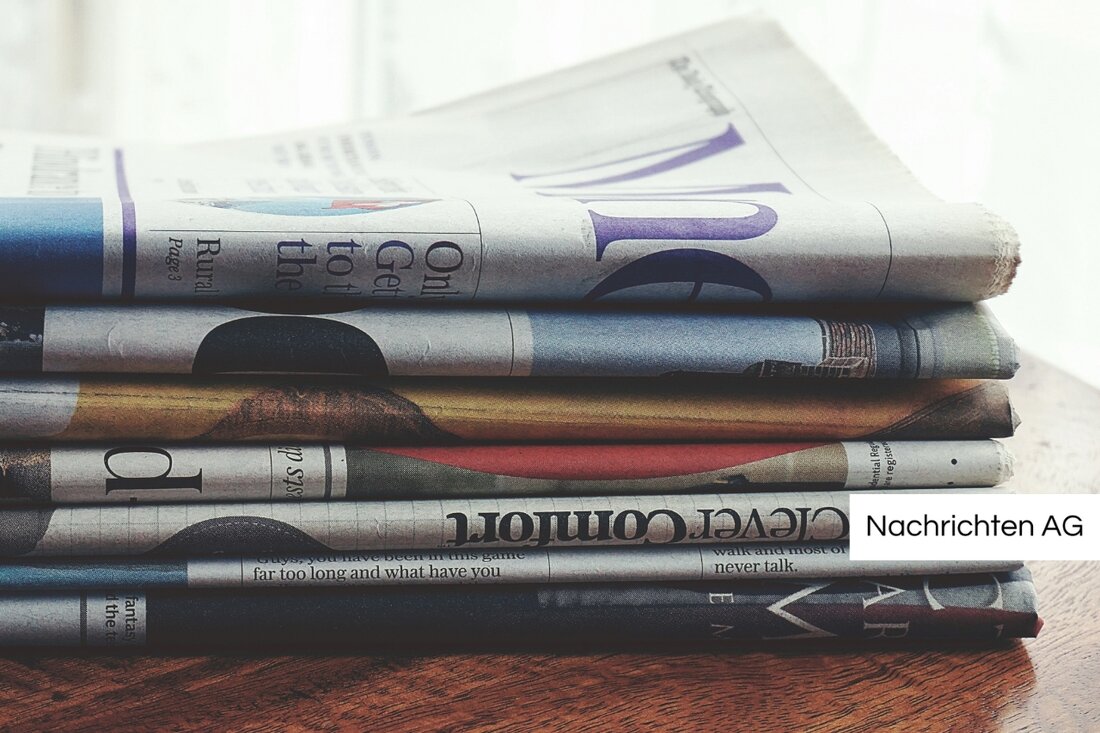Heidelberg Materials: Sustainability is driving profitable growth by 2030!
Heidelberg Materials: Sustainability is driving profitable growth by 2030!
Heidelberg Materials, a leading worldwide manufacturer of building materials, presented its new strategy for profitable growth by 2030 on May 28, 2025 at the capital market day in Brevik, Norway. The "Strategy 2030: Making A Material Difference" sets clear goals that include both financial growth and sustainable practices. The medium-term financial goals include RCO growth of 7-10 % per year and a Roic of around 12 %. In addition, a cash conversion rate of around 50 % is aimed at to achieve the corporate goals and at the same time maintain a stable capital structure.
The company reports on a successful balance sheet with profitable growth figures since the last capital market day in 2022. Heidelberg Materials is planning to increase net investments to an average of 1.3 billion euros per year. In order to underpin these ambitions, a dynamic debt of about 1.5x is planned, which indicates a responsible financing strategy.
sustainability and innovation in focus
Heidelberg Materials not only pursues financial goals, but also focuses on sustainability. The sustainability strategy is based on the Sustainable Development Goals (SDGS) of the United Nations. For 2030, goals are defined, which are intended to reduce the CO2 emissions to less than 400 kg per tonne of cement-like material, while at the same time more than 50 % of sales should come from sustainable products. A high proportion of alternative fuels of over 50 % is also sought. The entrepreneurial orientation is supplemented by the use of innovative products such as Evobuild® and EVOZERO®, which offer CO2-reduced and circular solutions.
An additional focus is on the implementation of artificial intelligence and automation technologies. These are intended to increase efficiency in the value chain and thus strengthen the company's competitiveness. The commitment to sustainability and technological innovation is impressively demonstrated by Heidelberg Materials as part of his planned measures and at the same time guarantees a pioneering role in the industry.
Future -oriented strategies for industry
The challenges of digitization are a growing task for manufacturing companies such as Heidelberg Materials. The next wave of digitization brings changes that go beyond the existent optimization of business processes. According to experts in the digital transformation, companies must provide physical products with specific digital intelligence in order to be able to exist in the competition. Digitization, and in particular the Internet of Things (IoT), has heralded a new age in which physical objects also become more intelligent.
Heidelberg Materials is aware of this development and integrates digital solutions into its strategies. The challenges today often arise from disruptive innovation processes in business models, which are triggered not only through efficiency increases, but also by creative product developments. These changes between SSQUEEZE impulsive innovations in the markets. For this purpose, structural change management in the corporate strategy is considered essential.
Overall, Heidelberg Materials aims to shape a more sustainable future that meets both economic and ecological criteria. With the clear focus on innovative strength, the company will be able to successfully meet future challenges and to assert itself as the market leader in the building materials industry. The ongoing measurement and monitoring of progress compared to the Sustainability Commitments 2030 are of central importance and are intended to ensure that sustainability remains tangible as a common goal.
For more information on the financial and sustainability strategies of Heidelberg Materials, visit the reports from OTS href = "https://www.heidelbergmasmkasss.com/de/nachhaltigkeit"> Heidelberg Materials and Strategy Transformation .
| Details | |
|---|---|
| Ort | Brevik, Norwegen |
| Quellen | |


Kommentare (0)